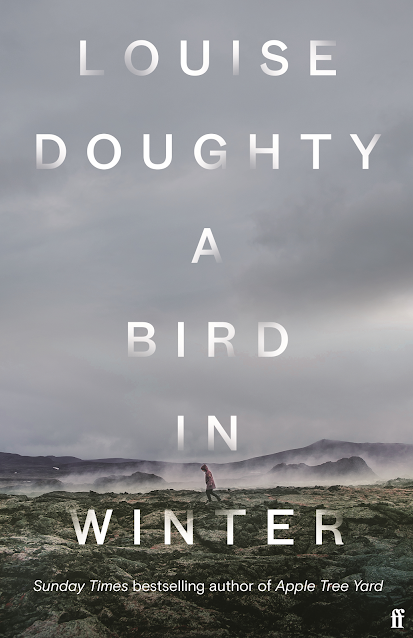Book Review - A Bird In Winter
Louise Doughty’s ability to create complex, often flawed protagonists who retain our sympathy is one of her hallmarks. A Bird in Winter, her 10th novel, is another fast-paced thriller with a middle-aged female navigating male-dominated corridors of power — this time British intelligence.
Heather follows her father into “the Service”. After a brief career in the Women’s Royal Army Corps, abruptly cut short after she punches one of her senior officers, Heather is approached by Richard Semple, her father’s former protégé, and signs up. Later she muses: “I didn’t actually like our government all that much. It was just that I was fiercely against governments who wanted to imprison their own citizens, torture them in basements or execute them without trial.”
She dedicates her life to the Service, forfeiting friends, family and any possibility of a long-term relationship. In her fifties, Heather transfers to Birmingham to work in a unit set up by the Department of Standards to “catch dirty spies”. This is where her troubles begin and she ends up on the run. Moving back and forth in time, we learn about Heather’s back-story, her closeness to her father, who calls her Bird, and the brief but intense friendship she forges in her twenties with Flavia, a fellow female soldier.
Two of Doughty’s novels have already been adapted for television. Platform Seven (2019) will be on ITV later this year and her bestseller Apple Tree Yard (2013) was turned into a four-part series for the BBC in 2017. A Bird in Winter feels as though it has been written with a screen adaptation in mind. It’s expertly structured and several chapters end on cliffhangers. Doughty employs just enough detail to create a vivid sense of place as we follow Heather on her flight from Birmingham to Scotland and onwards to remote corners of Norway and Iceland. She ramps up tension with Heather’s growing unease about being pursued: “the man they sent . . . a shadow, a shape, visible, then invisible in the way that a nocturnal creature is revealed then shrouded by the slipping and sliding of clouds across the moon.”
The insights Doughty gives us into Heather’s inner life and vulnerabilities ensure we remain invested in her fate. Heather may have a high-powered job in intelligence but she experiences ordinary anxieties with which we can identify — guilt for failing to take her widowed mother on a trip to Margate or an irrational fury when buying a coffee takes too long. Despite her hard exterior, she craves connection with the few people she cares about. We witness Heather confronting a potentially lethal situation with genuine fear and, later, humorously contemplating the pros and cons of sleeping with a bulky, kindly bicycle repairman: “he’s a handsome potato of man but how much carbohydrate does any woman want?”
It’s Doughty’s skill at shifting between these different registers — from the unsettling to the banal, from political intrigue to personal dilemma — and interweaving them with compelling passages of action, that makes her such a consummate writer of psychological thrillers.
